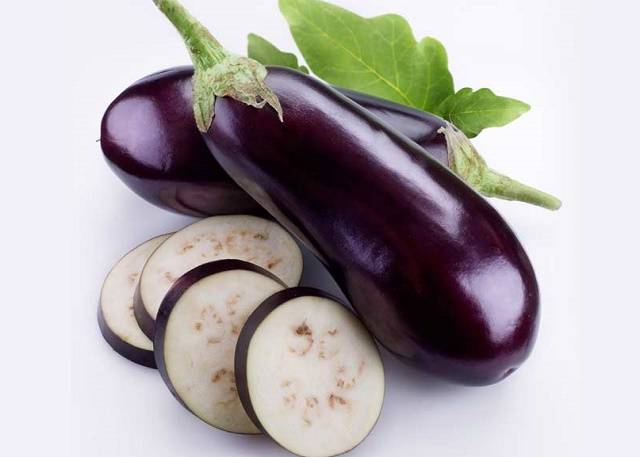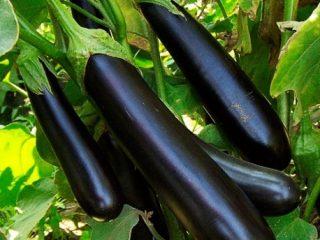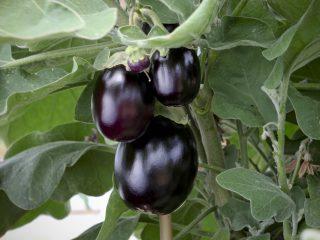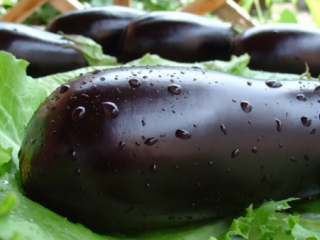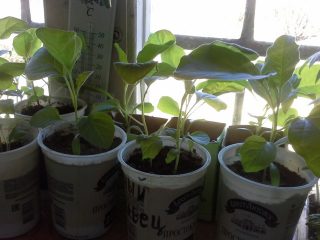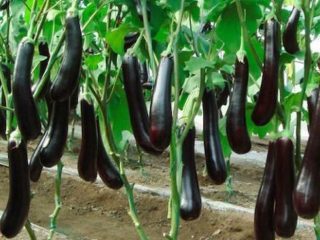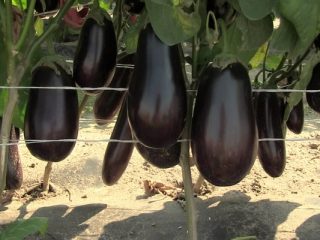There are many varieties of eggplant, with different shapes and colors of the fruit. At the same time, purple types of vegetables are most widely represented by breeders, their number is more than 200 items. From this diversity, we can select the best varieties with a short ripening period, excellent fruit taste, and high yield. These include the popular eggplant “Gardener’s Dream”. To assess the qualities of this variety, the article provides a description of the external, taste characteristics of the fruit, a photo of the vegetable, and agrotechnical growing conditions.
Description of the variety
The eggplant variety “Gardener’s Dream” can be considered a classic representative of this crop. Its fruits have the following external description:
- cylindrical shape;
- dark purple color of the peel;
- glossy surface;
- length from 15 to 20 cm;
- diameter in cross section 7-8 cm;
- average weight 150-200 g.
Eggplant pulp is moderately dense, white. The skin is quite thin and tender. This variety of vegetables does not contain bitterness and can be used for preparing culinary dishes, caviar, and canning.
Agricultural technology
“Gardener's Dream” eggplants are grown in open ground. In this case, two sowing methods are used:
- seed directly into the ground. The best time for such crops is April. Crops in the early stages must be protected with film cover.
- seedlings.It is recommended to plant seedlings in the ground at the end of May.
It is better to plant plants in soil where grains, melons, legumes or carrots previously grew.
Mature eggplant bushes “Gardener's Dream” are quite tall - up to 80 cm, so the plant must be sown at intervals: at least 30 cm between rows. The recommended planting scheme involves placing 4-5 bushes per 1 m2 soil. When sowing, seeds are planted to a depth of no more than 2 cm.
During the growth process, the crop needs abundant watering, fertilizing and loosening. Under favorable conditions, the yield of the “Gardener’s Dream” variety is 6-7 kg/m2. Fruit ripening occurs 95-100 days from the day the seed is sown.
The plant is resistant to anthracnose and late blight, and therefore does not require additional treatment with chemical compounds. General recommendations for growing eggplants can be found here:

